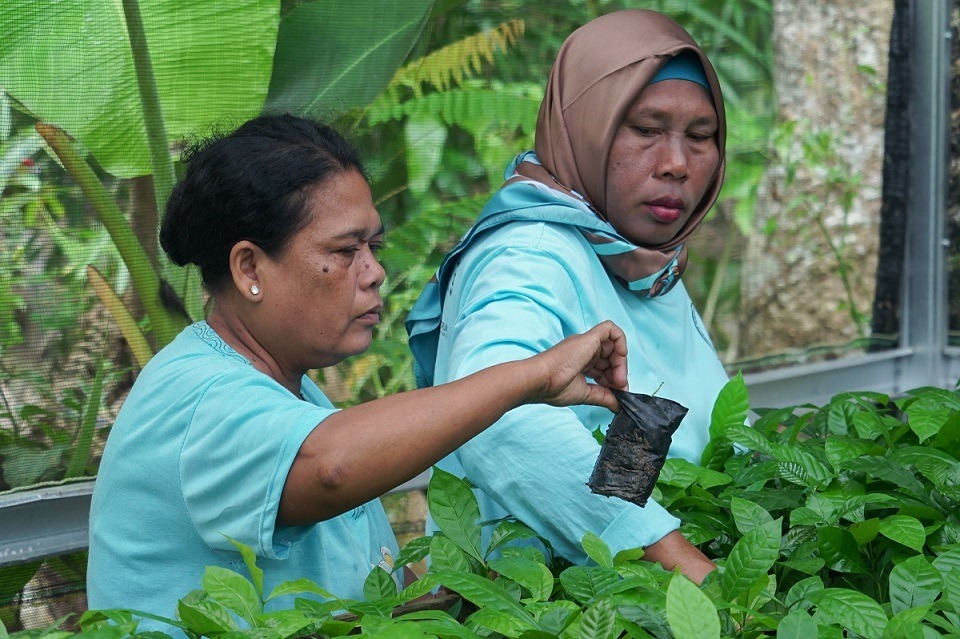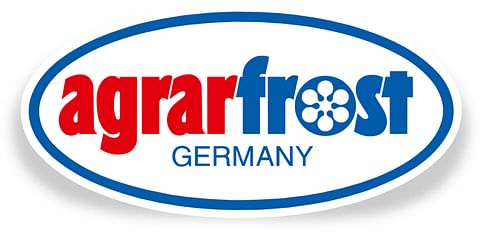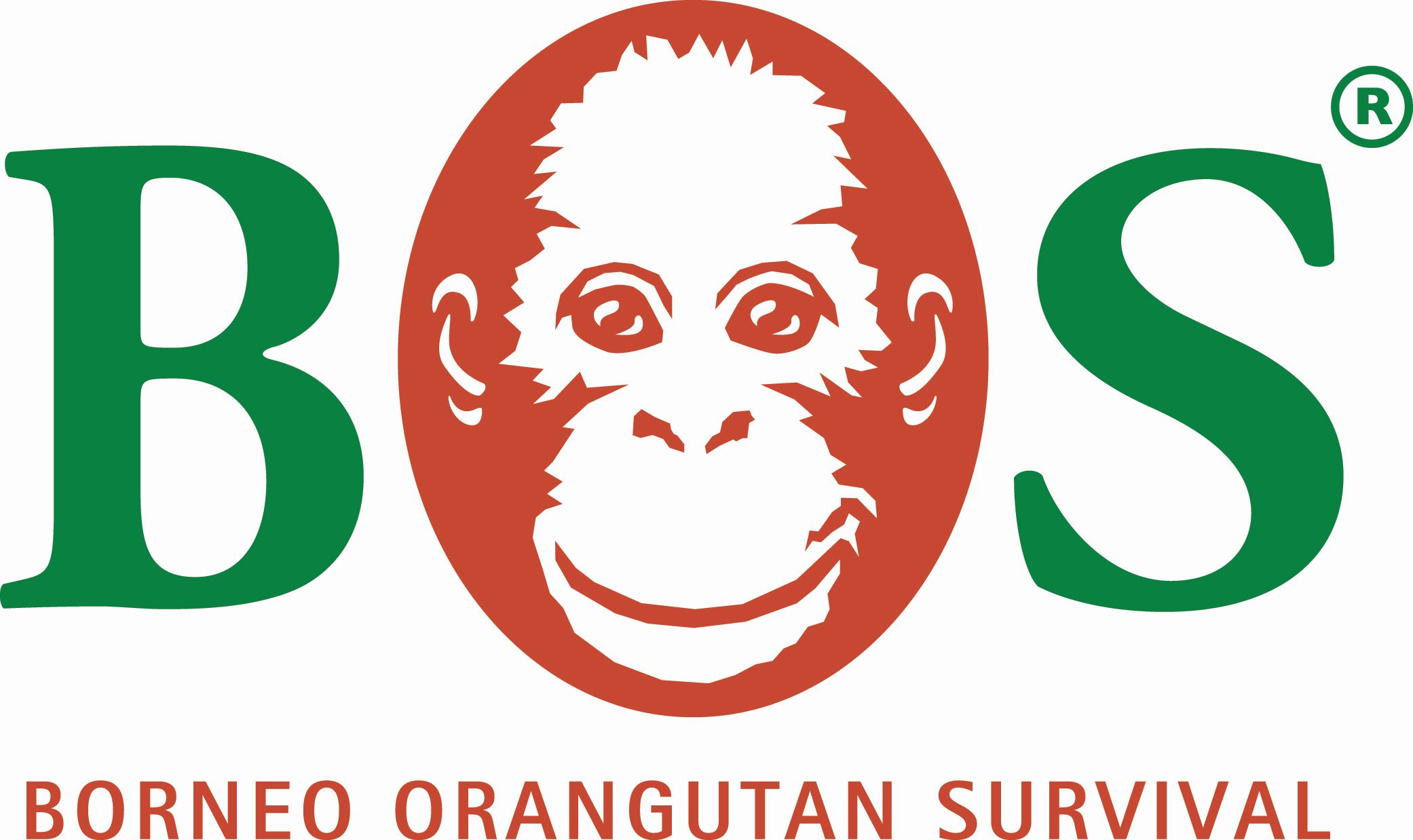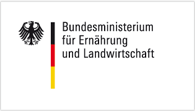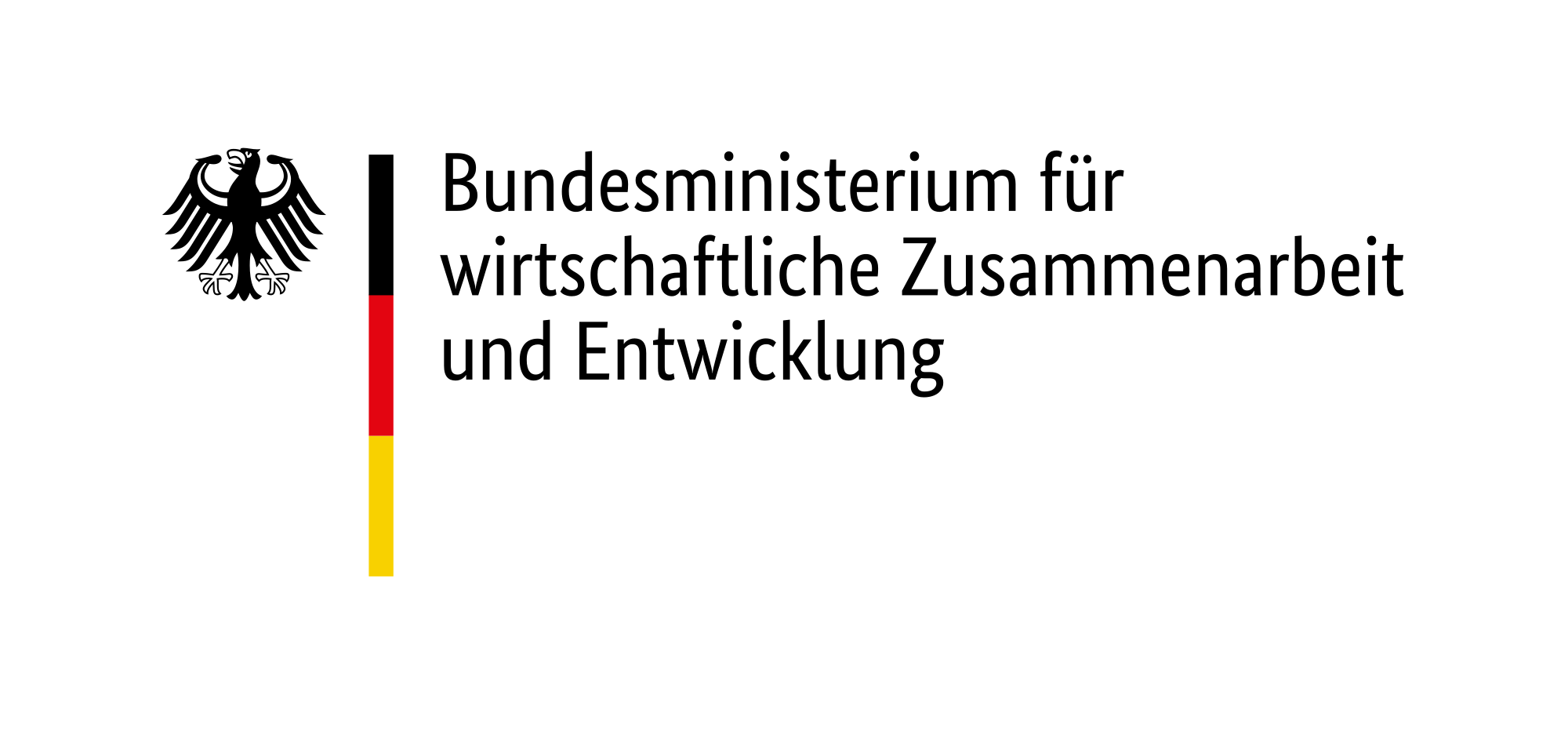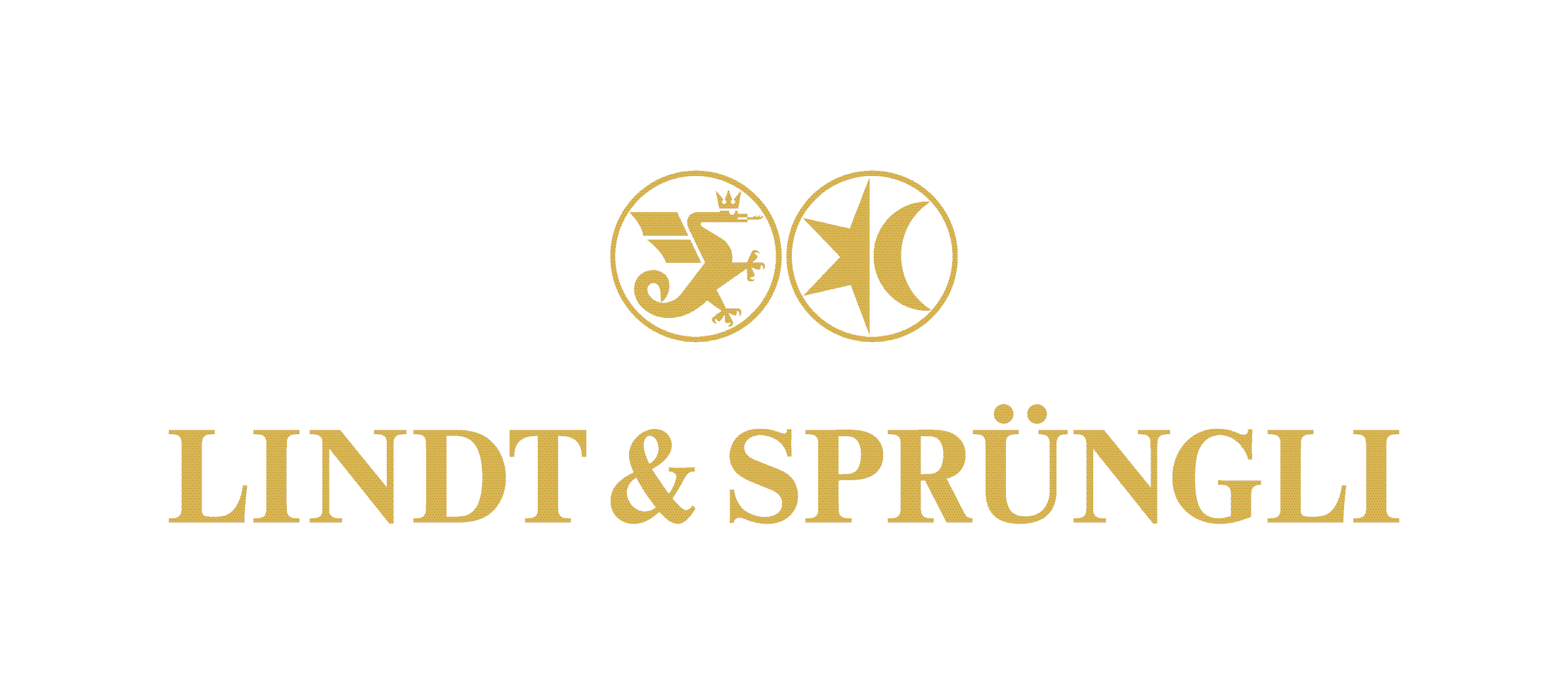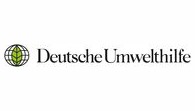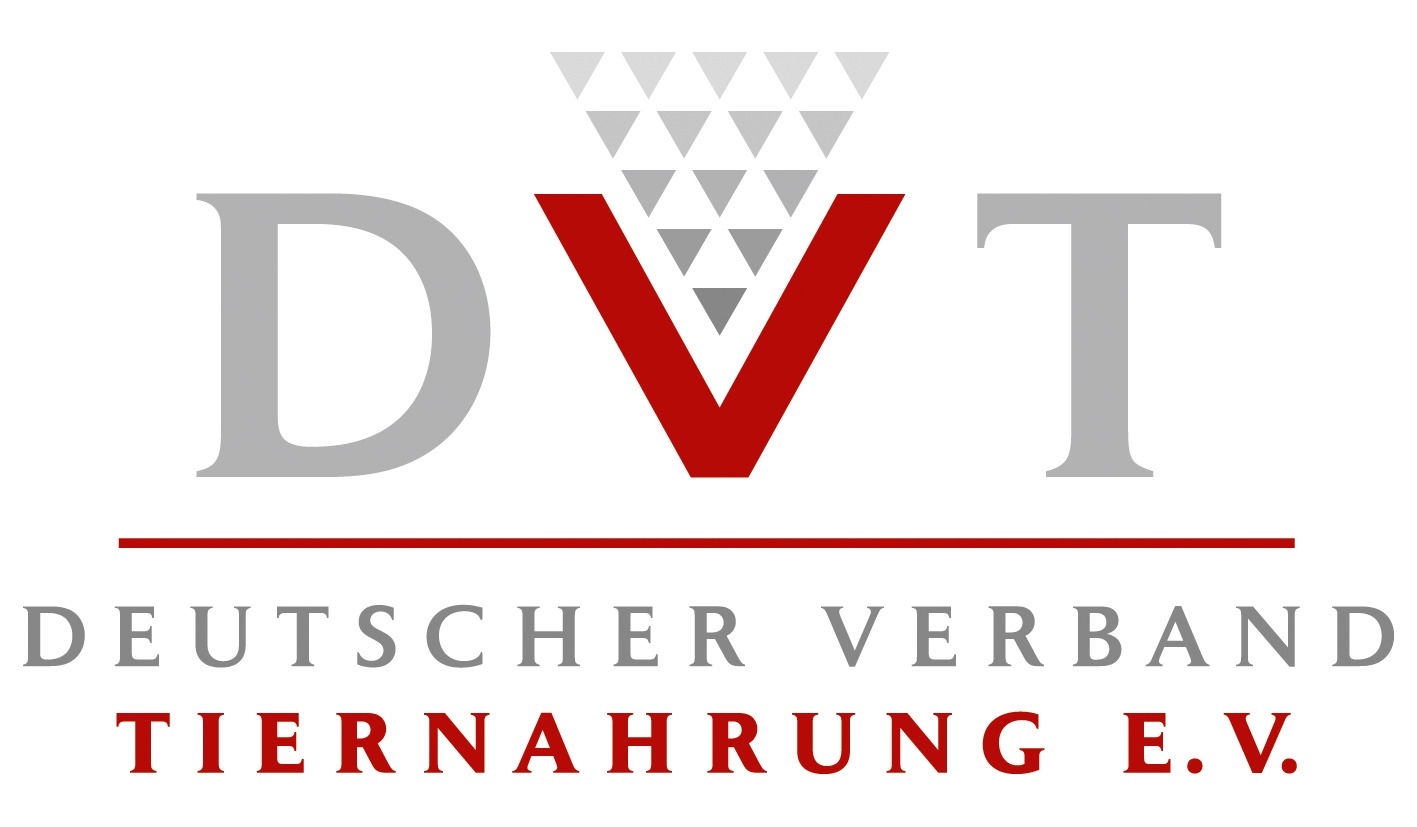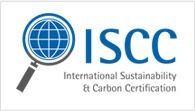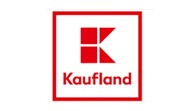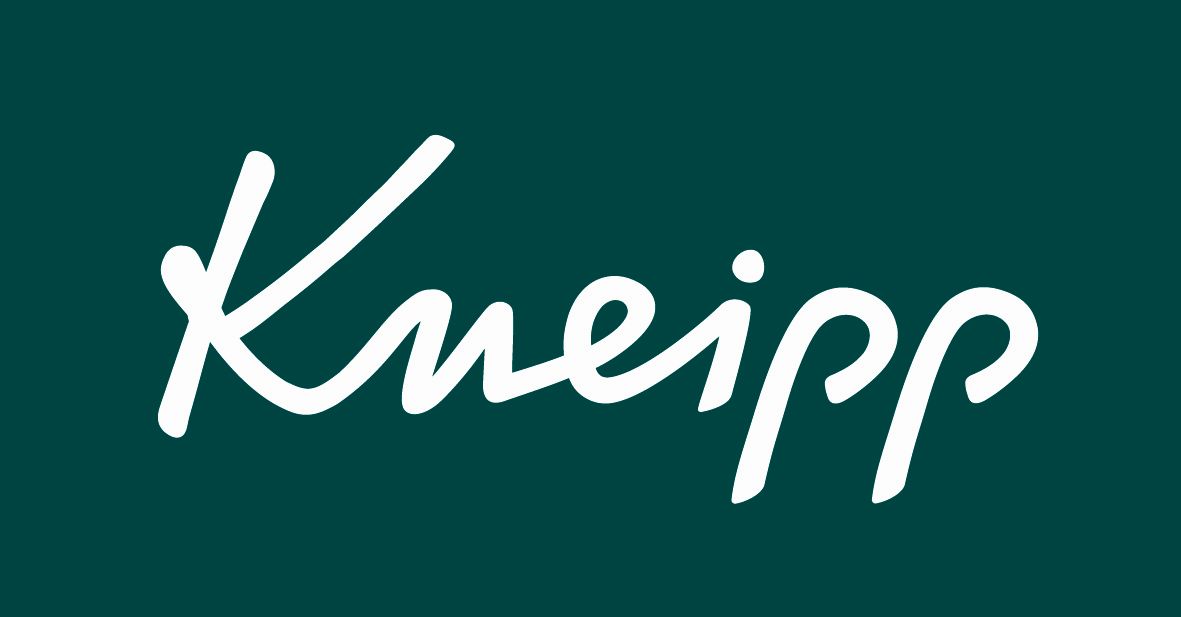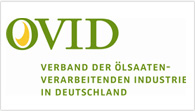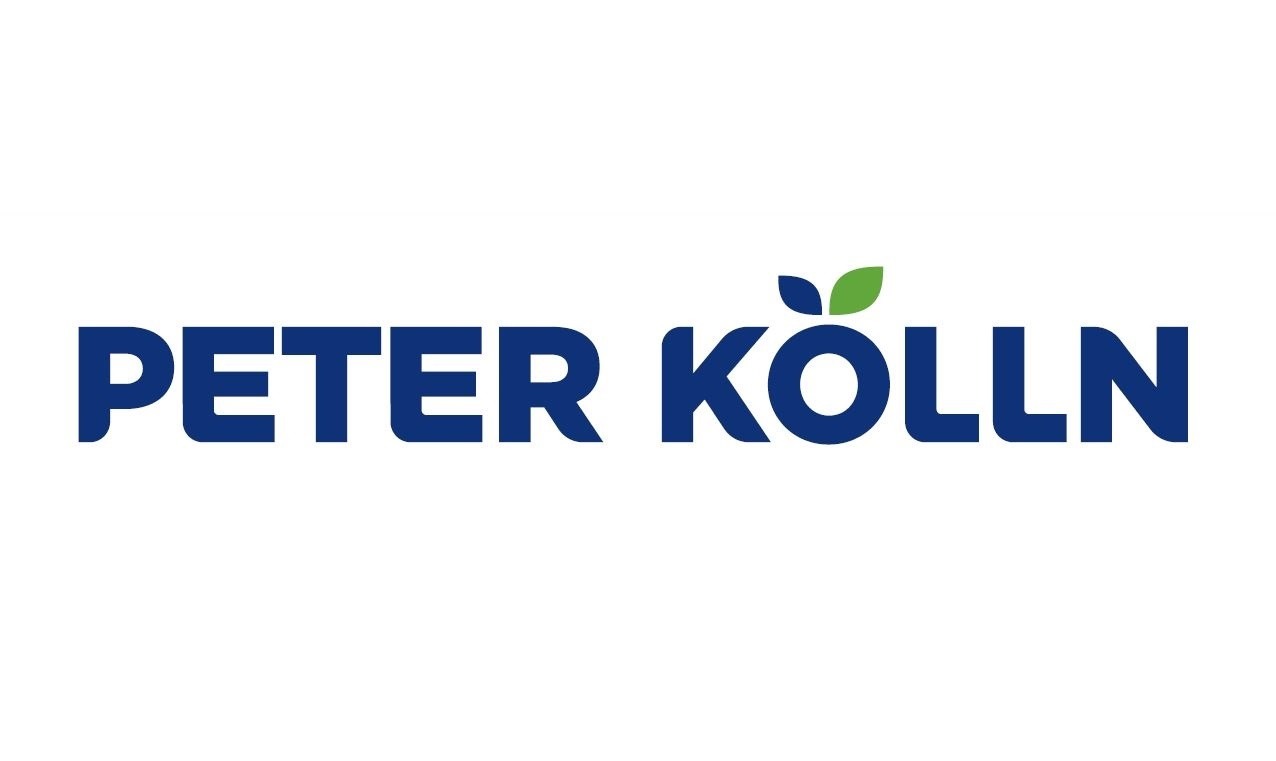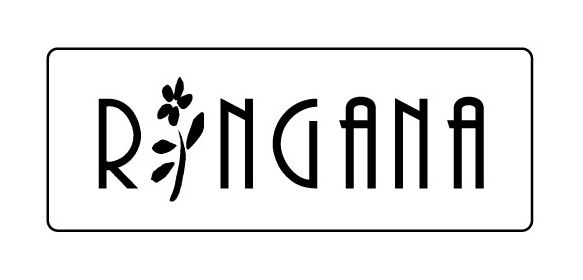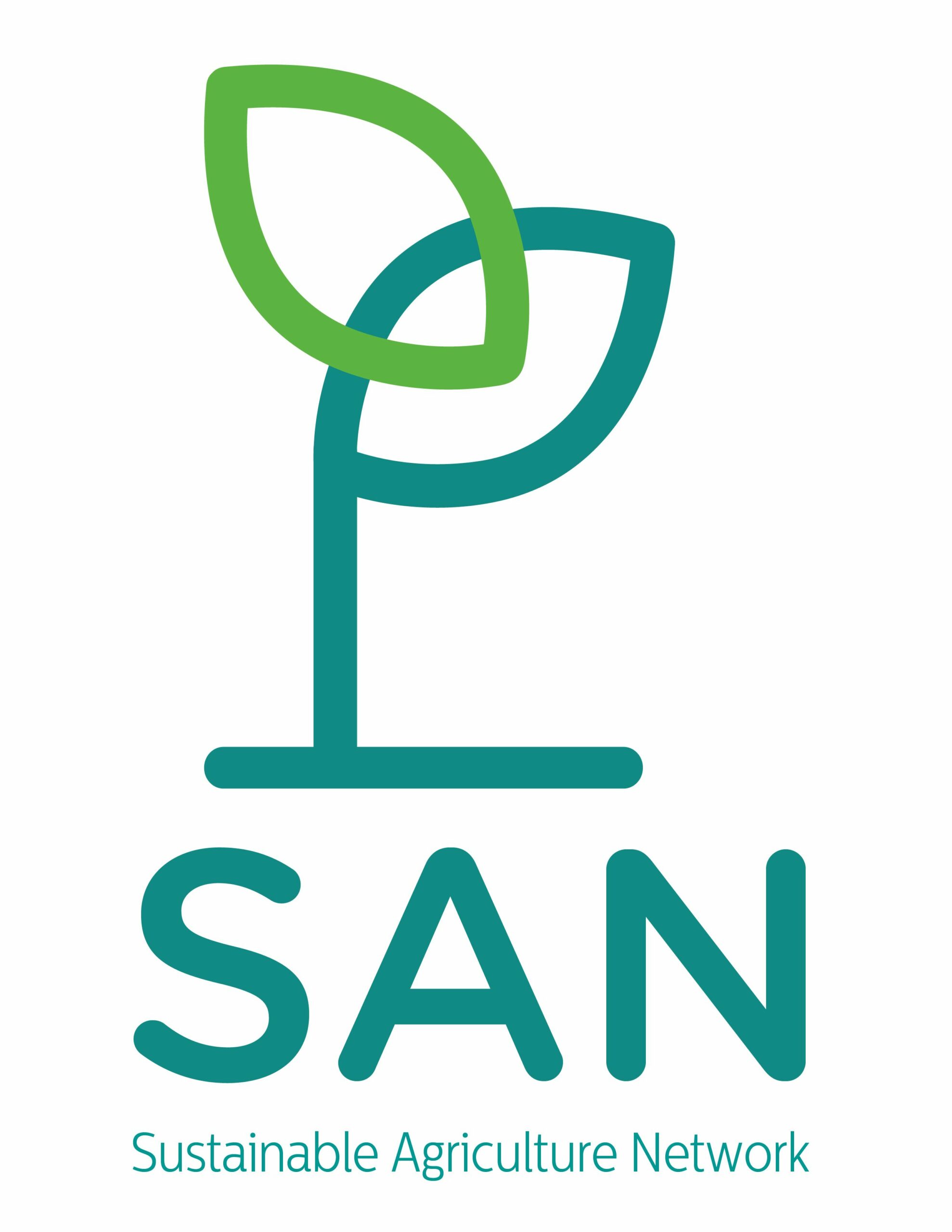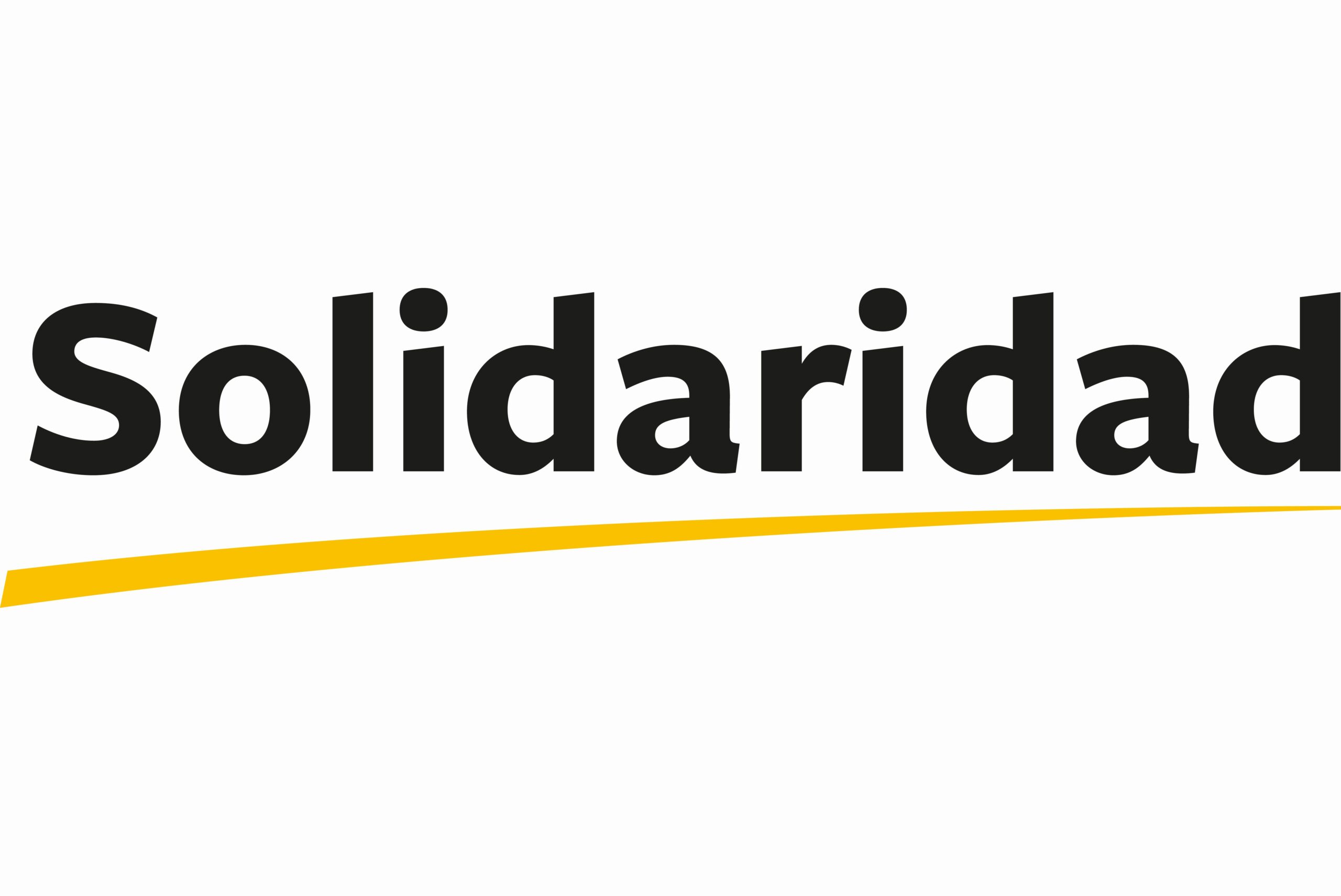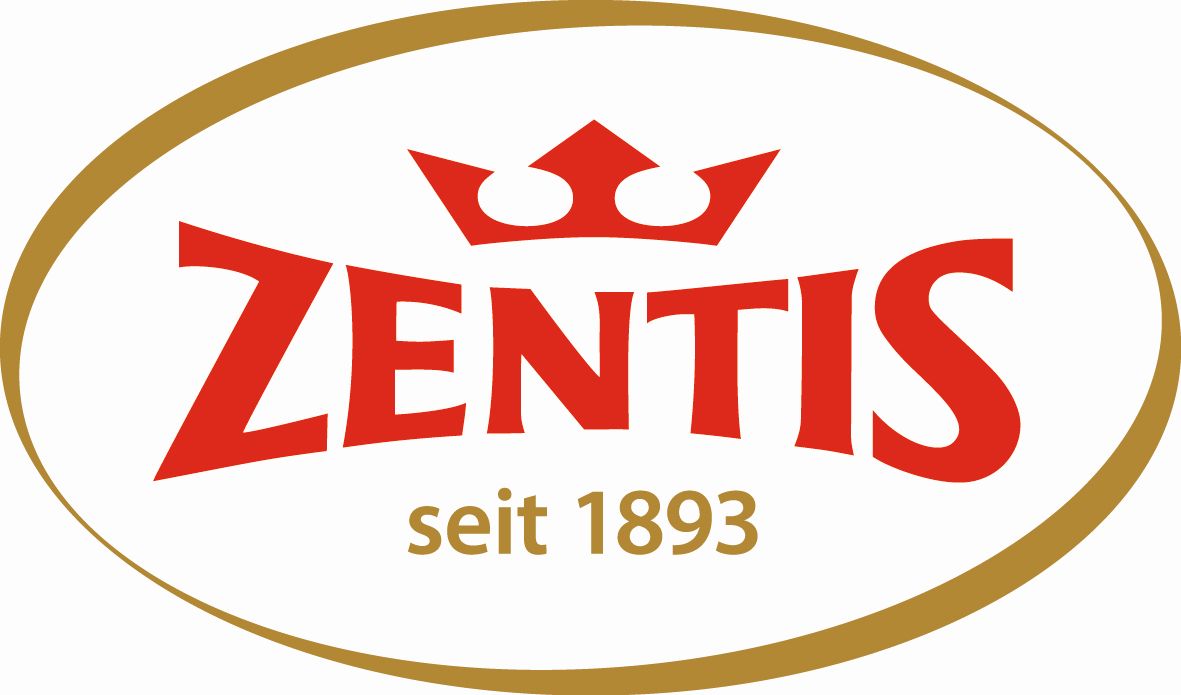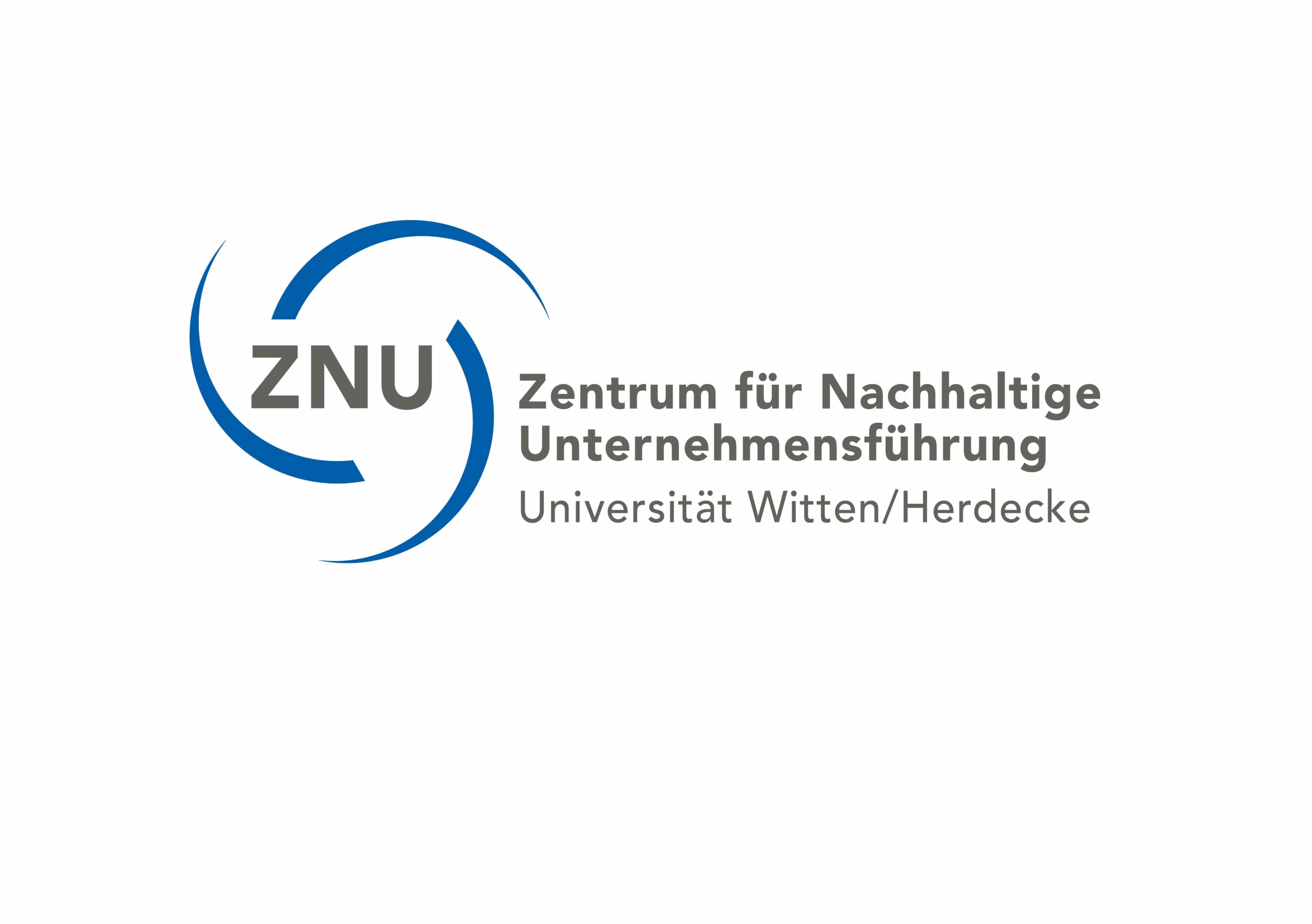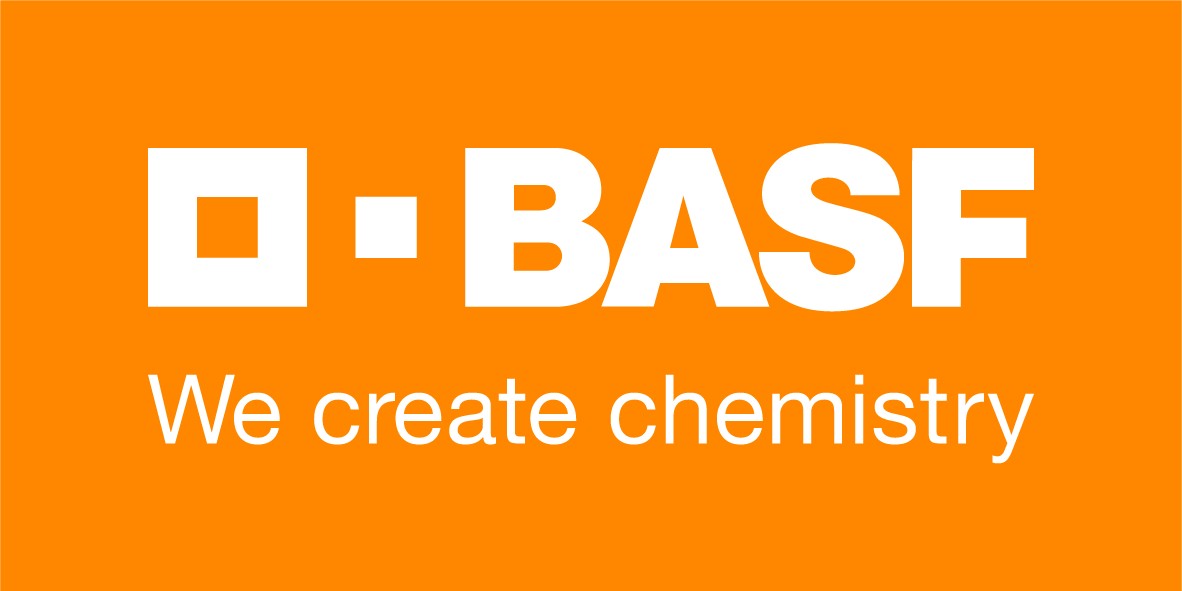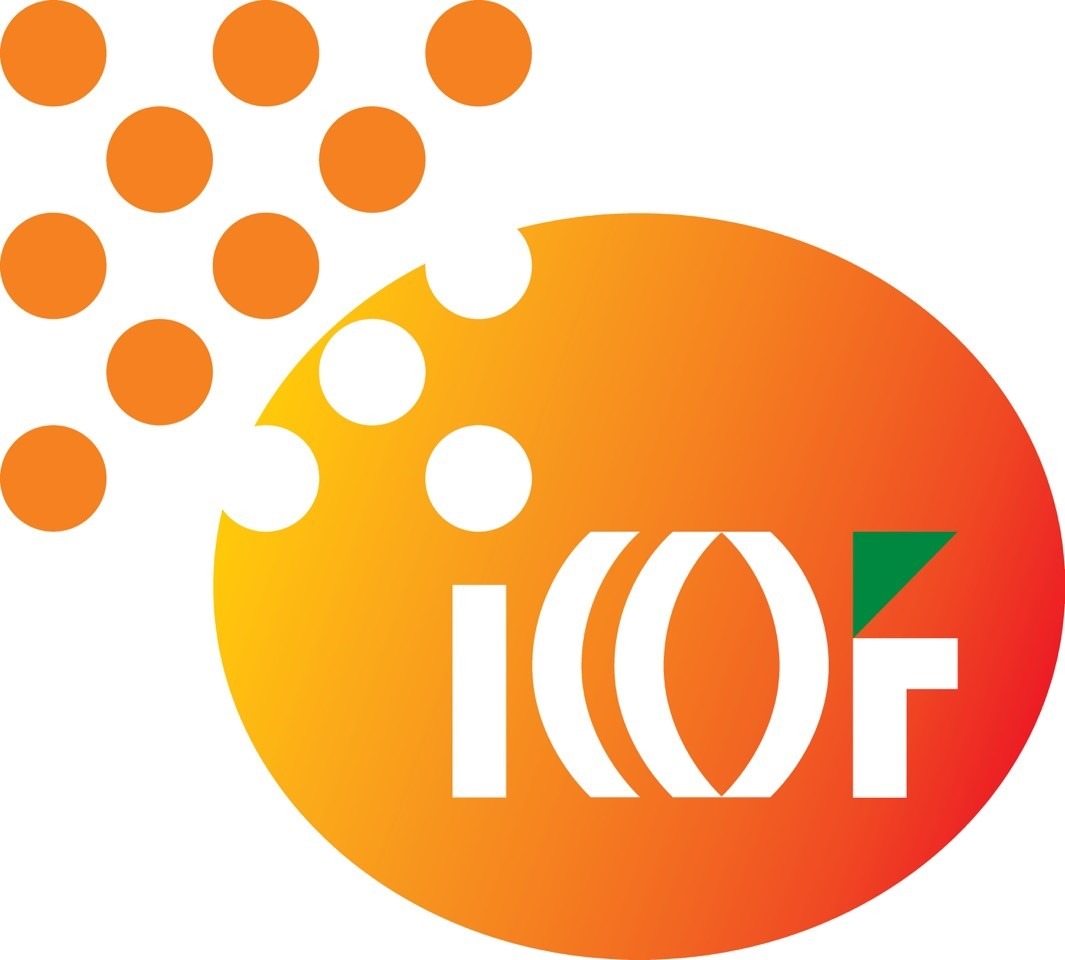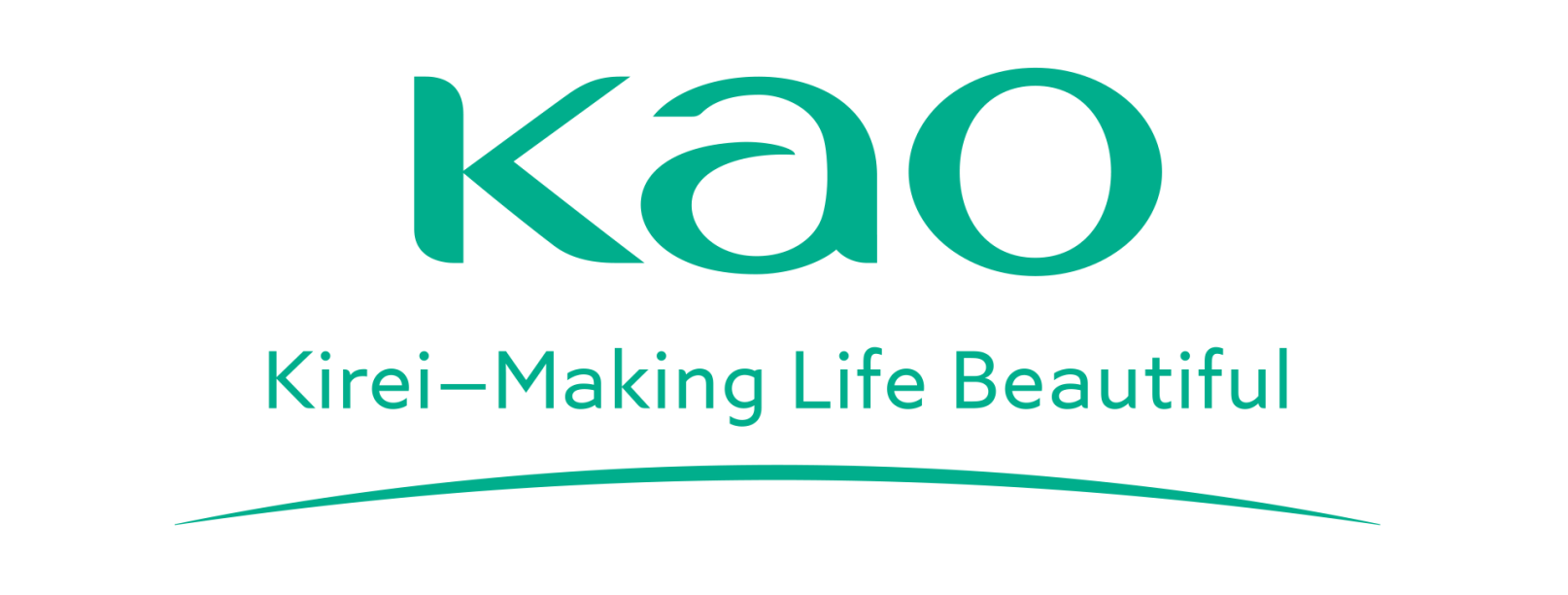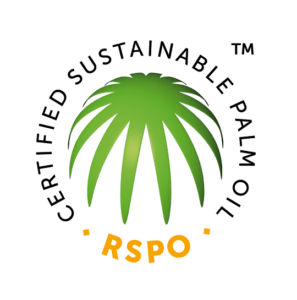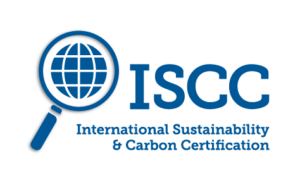In cooperation with the Indonesian Palm Oil Forum FORTASBI and the Indonesian NGOs Setara Jambi and CAPPA, FONAP members have been involved in the largest palm oil producing country Indonesia since March 2022.
Now the project is entering its second phase. It is growing from Tanjung Jabung Barat in the province of Jambi on Sumatra to the neighbouring district of Tebo. In terms of content, it builds on the successes of the first phase.
Cooperatives are committed to reforestation
The project region is located in the buffer zone to Bukit Tiga Puluh National Park. Forest fires wreaked havoc there in 2017 and 2018. Now, three cooperatives want to help restore it over an area of 17 hectares. To do this, they are planting crops like candlenut trees. Coffee, too, can thrive in the shade of rainforest trees. The idea behind this is called social forestry: not only the forest, but also the small farmers should benefit.
Planting has already begun in the first project phase. Now the groups are receiving support for professionalisation. This is to ensure that the seedlings are well cared for and that the members of the groups can actually increase their income.
Women’s groups run tree nurseries
In order to repair the forest through social forestry, the smallholder farmers need seedlings. In the first phase of the project, women’s groups with a total of 70 members set up three tree nurseries. They sell young coffee plants and candlenut trees to the smallholder groups and at nearby markets.
The second phase is to enable them to earn a permanent income from this. With the support of the project, the women will, for example, draw up business plans and register officially. In addition, cooperation between the women’s groups and the smallholder groups will be strengthened.
Villages get involved in river protection
The Pengabuan River flows through the project area. On its banks, five villages have started to establish protection zones and green buffer strips. Among other things, they want to reduce the number of oil palms that reach the river banks in the long term. As part of the traditional Lubuk Larangan concept, they are also regulating fishing in a 4.5-kilometre stretch of the river. Ten villages that want to protect the river together have also founded the River Watch Community KOMPAS. Young people are particularly active in this group.
In the second project phase, six more villages are to be brought on board: three in Tanjung Jabung Barat and three in Tebo. The project will also strengthen KOMPAS.
Oil palm smallholders use methods of regenerative agriculture
536 RSPO-certified smallholder farmers received training on regenerative agriculture practices in the first phase – focus: soil fertility. There they learned, for example, how to replace conventional fertiliser with organic fertiliser. Instead of buying expensive chemicals, they can use materials that are often already available on site, such as goat urine or empty fruit bunches. This improves soil fertility and thus, in the long run, the growth of the palms and eventually also the yields. Smallholders put the concepts into practice on demonstration plantations.
In the second phase of the project, training will continue: in addition to smallholders in Tanjung Jabung Barat, 200 producers in Tebo will receive training.
Project partners collect GPS data
Setara Jambi is currently collecting information on smallholders in its project regions. However, it lacks the tools to analyse the data. To change this, the project is bringing Koltiva on board in the second phase, a partner from the completed member project in Malaysia. With the DSGVO-compliant system KoltiTrace, the project collects GPS data from the smallholder farmers. This not only helps in planning future interventions, but also simplifies the tracing of the palm oil produced. This is an important prerequisite for compliance with the EU Deforestation Regulation (EUDR) and thus market access in Europe.
The second phase is scheduled for completion in September 2024.
Header image: © FONAP / FORTASBI
